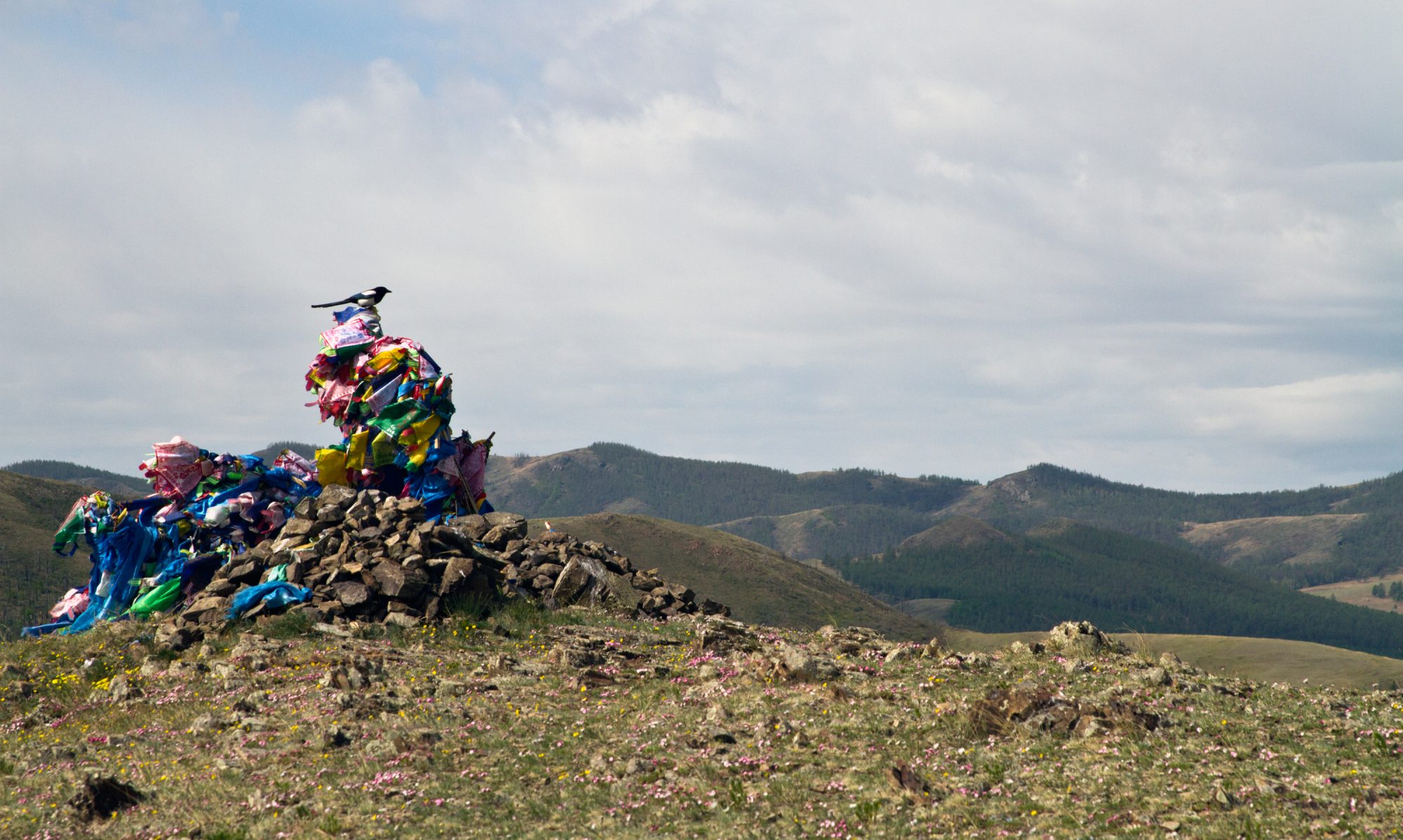We’re at the beach for the weekend. Our hotel is book-themed. Each room is named after an author: we’re staying in the Lincoln Steffens room, decorated with a desk and typewriter; and we have photos on our wall: of a grimacing Teddy Roosevelt, and Woodrow Wilson looking like the missing butler from the Munsters. They really look as dead as they are. Teddy doesn’t look like his end was restful. There are photos of authors everywhere, the hallways are hung with them all up and down their length, so dense they are at most a half a foot apart. Photos are standing on the bookshelves, arranged in layered rows on the mantlepieces, and for sale in the gift shop as postcards.
It’s kind of creepy. It’s not that I don’t like books, or authors. But that’s all these photos have in common: that they are all of authors. There’s nothing else; that’s the only aspect of their lives, characters, and interests they have in common, yet it is enough to make them symbols of some kind of alliance. It doesn’t feel comfortable. Even as a decorative principle. Regardless of whatever other alliances they may have had, whatever differences or hostilities existed between them as individuals, here all that is erased and disregarded. The shallowness is stifling. It’s like drowning in an inch of water.
But the view from the third floor library, where I am writing this, is extraordinary. The ocean doesn’t look large, visibility isn’t high enough, but it gives a sense of restrained power. The waves are irregular, and small, the ocean’s forehead wrinkled, worried by crossing winds. Last night I sat up and was reading, and the wind was blowing so hard my chair moved beneath, me, I could feel the walls ripple as it struck them, and the pipes sounded like a performance art troupe was hammering on them. Today the wind is still strong, there are birds levitating in place on it, hanging right outside the window.
On the beach, the sand is thick and wet and stays out of your shoes. It is flat and even and all homogeneous, apart from a half-made jetty, large rocks running down into the water. I walked out on them at low tide, just as the tide was turning to come in, and felt the barnacles and other clinging creatures making noise beneath my feet. There are streams running down from yesterday’s rain on the town, they make mini-ravines with abrupt, cliff-like sides, and they fan out into deltas with muddy islands as they descend to the ocean. And north from the hotel, there are large rocks rising out of the sand like monsters out of a swamp.
I spoke with a young boy: after I came off the rocks, he asked me if there was anything to see. He was holding a dog by the leash, a tall, nervous thing that kept stepping back and forward in a jerky way. I told him he could, on the far front of the jetty, see pools between the rocks the tide had left behind, and there were some sea-creatures to see there. I wonder when I will be by the ocean again: the air is unlike the air of the land, and it is good to bring my cares here, and spend some days in the company of any books, and with the sea there as a huge sink, bigger than whatever worries I can bring to it.
